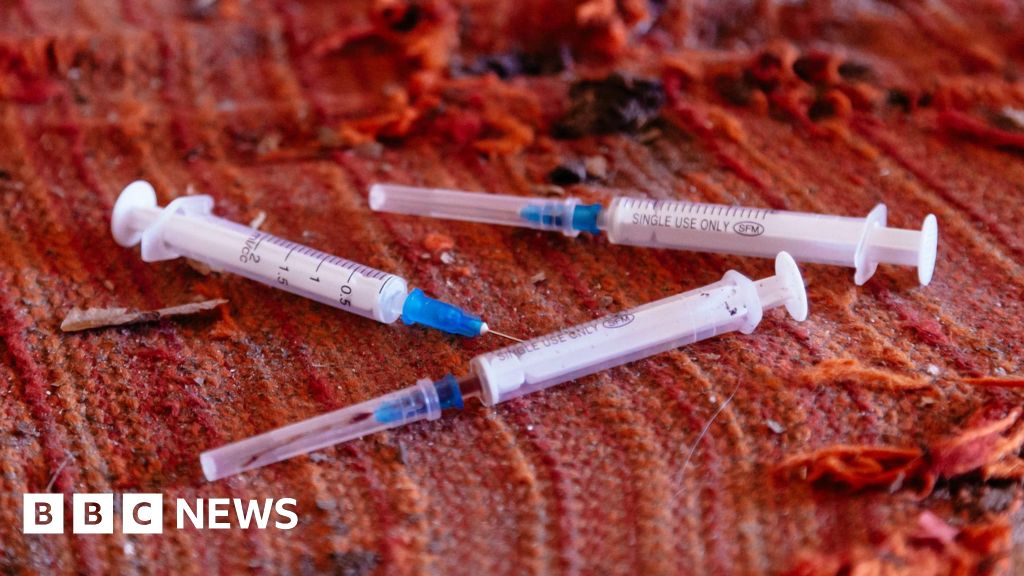By Gavin Butler
Copyright bbc

Fiji has become a major Pacific trafficking hub for crystal meth over the past 15 years. A large part of this is due to the country’s geographic location between East Asia and the Americas – some of the world’s biggest manufacturers of the drug – and Australia and New Zealand – the world’s highest-paying markets.
During that same period, meth has spilled into and spread throughout local communities, developing into a crisis that, like HIV, was recently declared a “national emergency”.
And according to those on the frontlines, the age of users is trending downwards.
“We see more and more of these young people,” says Ms Volatabu. “They are getting younger and younger.”
Fiji’s most recent national HIV statistics cite injectable drug use as the most common known mode of transmission, accounting for 48% of cases. Sexual transmission accounted for 47% of cases, while mother-to-child transmission during pregnancy and childbirth was cited as the cause of most paediatric cases.
Everyone the BBC spoke to agreed that lack of education is a central factor in the epidemic. Ms Volatabu and Ms Naitala are both working to change that – and Ms Naitala says that as a greater awareness around the dangers of HIV spreads throughout the community, “bluetoothing” has, in her experience, fallen out of favour.
More people are getting tested and seeking treatment for HIV, leading to more robust data around the scale of the crisis.
But there is still a worry that the official case numbers are merely the tip of the iceberg – and a fear of what may lie beneath the surface.